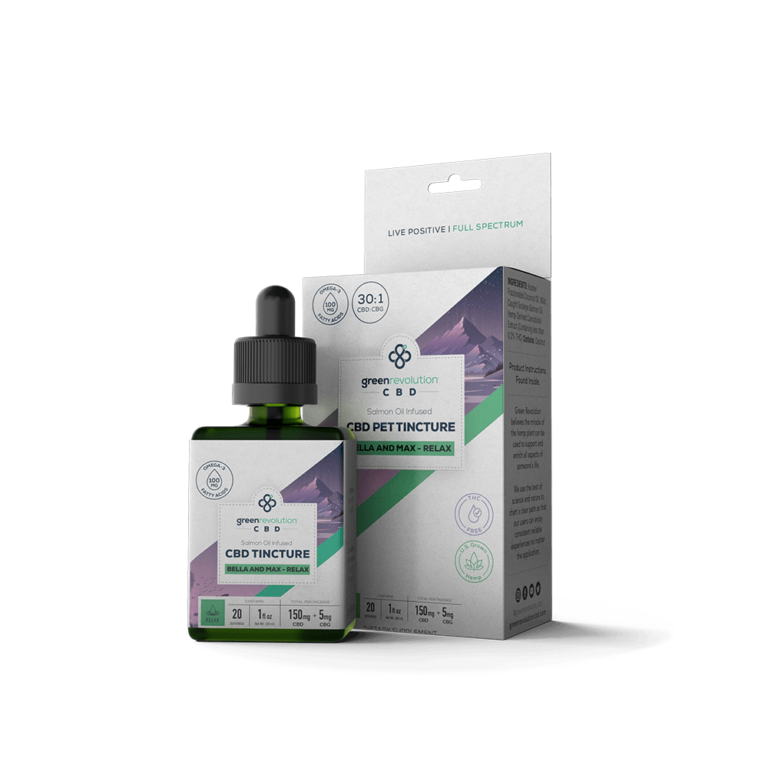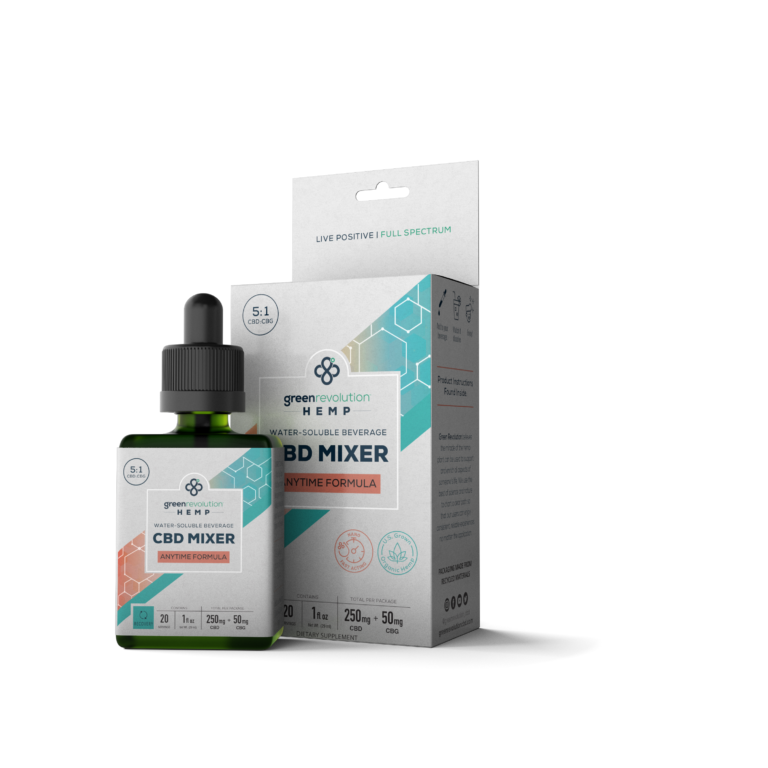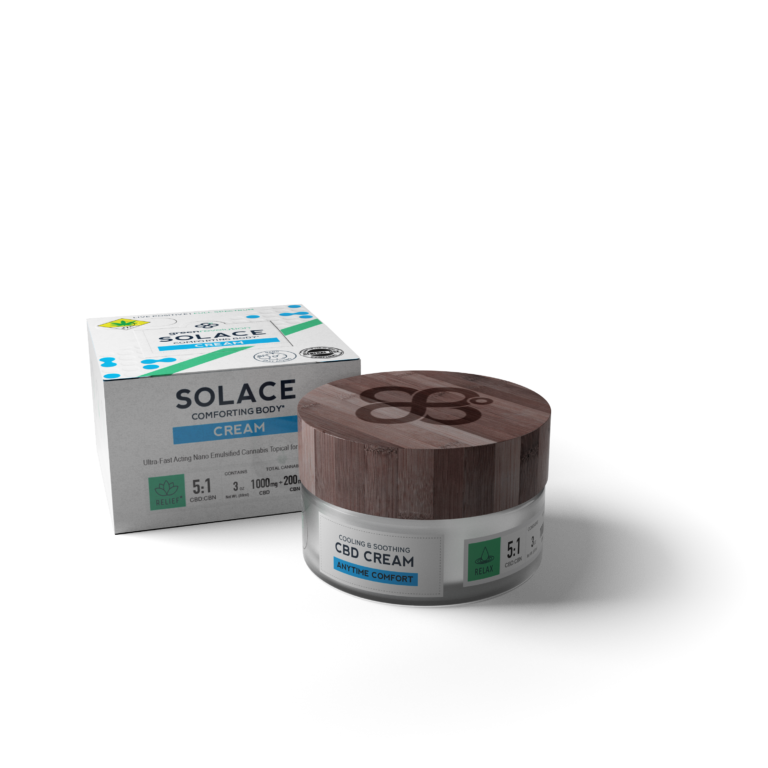Broad Spectrum vs. Full Spectrum CBD: What’s The Difference?
This article will educate readers on the distinct characteristics, benefits, and considerations of broad and full-spectrum CBD, helping them make informed choices about their CBD usage.
With the increase in the number of CBD products across the U.S., there are several terms that can make deciding on the right product a bit of a hassle. So many types of oils and forms can be confusing, with several CBD, THC, terpenes, and flavonoids, especially when you look at a product that is similar in every way but one: broad spectrum vs full spectrum CBD.
So what is the difference? The absence or presence of THC.
Difference between full spectrum and broad spectrum CBD
Many people mistakenly use terms like “CBD oil” interchangeably when referring to different products. There are actually two main types of CBD products you are likely to find:
- Broad Spectrum
- Full Spectrum
The difference between full-spectrum and broad-spectrum CBD comes down to the chemical compounds in each product.
- Broad-spectrum CBD products contain cannabinoids and plant compounds.
- Full-spectrum CBD products contain cannabinoids, plant compounds, and THC.
But how else do they differ in terms of cannabinoid content, efficacy, and legal considerations, and which one is best for you?
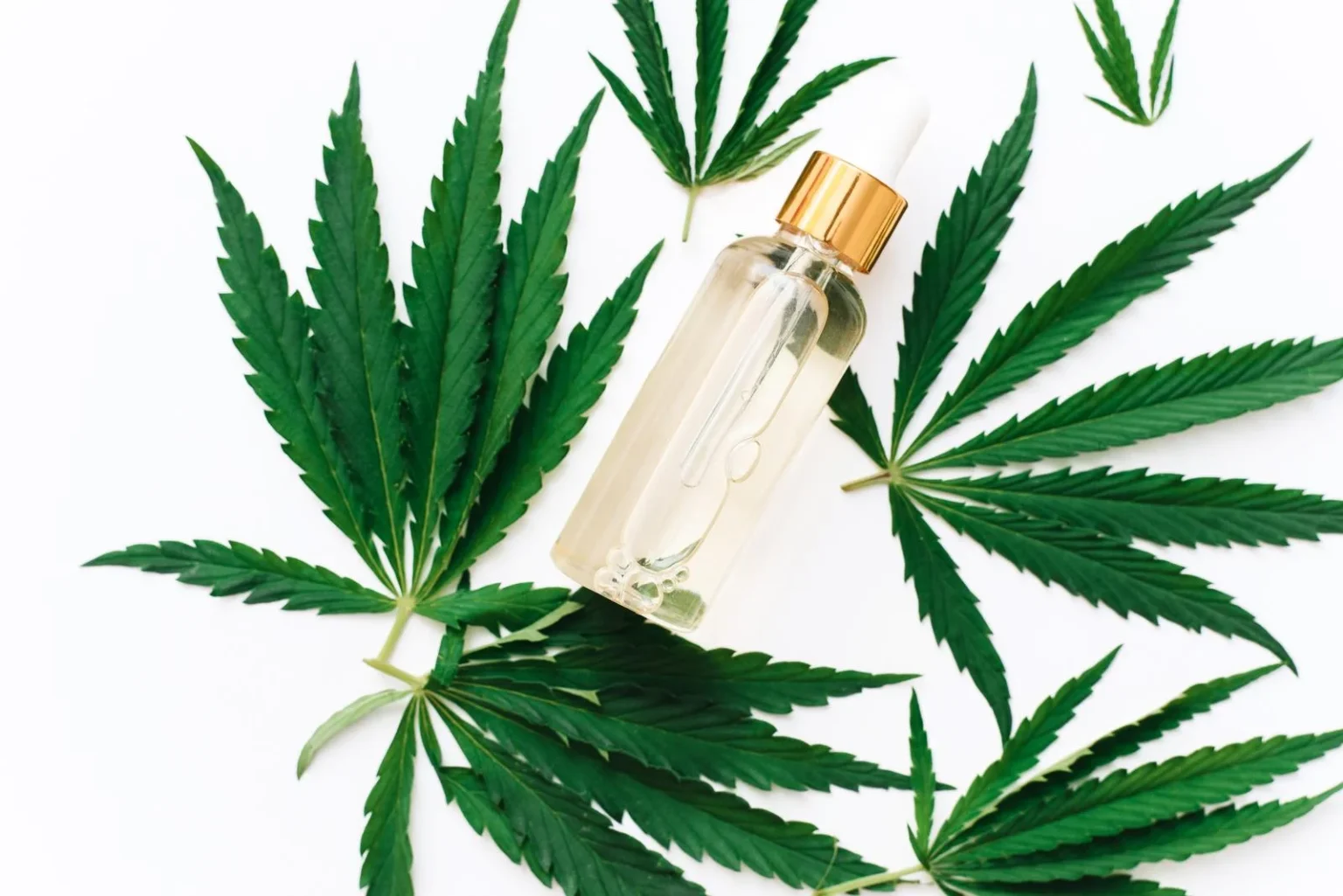
Broad-spectrum vs full-spectrum CBD
When considering broad vs. full spectrum CBD, the biggest differences are in the cannabinoid content, the THC presence, the efficacy, and suitability.
Cannabinoid content
Full spectrum CBD products have:
- CBD
- Cannabinoids
- Terpenes
- Fatty acids
It gets the name because it is a full or whole extract of the plant.
With any product that contains a full spectrum extract, the CBD oil is put through the cannabinoid extraction process and then filtered. No other compounds or cannabinoids get removed during the filtration process.
THC presence and legal considerations
Full-spectrum CBD products contain THC. It does not get filtered out during the cannabinoid extraction process.
However, it is important to note that there is not enough THC in these products to get you high. Legal limits are up to 0.3% THC.
Nonetheless, you may still need to be aware of any legal considerations, such as:
- Job requirements that you abstain from THC
- Driving under the influence
- Religious restrictions
Broad-spectrum CBD goes through a similar extraction process as a full spectrum, but in the final stages, any residual THC is removed. This means there is no risk of any THC in the product and your system or showing up on a drug test. If you live in an area where THC is illegal or where you have religious, legal, or professional restrictions, a broad-spectrum is a better product to choose because it doesn’t come with any of the associated THC.
Entourage effect and efficacy
With full-spectrum CBD products, you get CBD oil or other items that have many cannabinoids and chemical compounds from the cannabis plant. This encourages what is called the Entourage effect, where the efficacy of one cannabinoid or terpene is increased by the consumption of more than one at the same time.
Taking several cannabinoids in the same product can enhance many of the benefits, like anti-inflammatory properties or sleep aid properties.
The chemical synergies you get from all of the chemical compounds and cannabinoids in a full-spectrum extract enhance medicinal properties.
This works exactly the same in broad-spectrum products. This synergistic effect happens with all manner of plant extracts or vitamins and minerals. For example, your body needs vitamin D in order to absorb calcium, so even if you consume enough calcium, if you don’t have adequate levels of vitamin D, your body will simply process and filter the calcium out of your system without reaping any benefits.
The exact same process happens with some cannabinoids and terpenes. When you have products that combine different cannabinoids, you can increase their effectiveness and absorption, thus increasing their health benefits.
Things like CBD and CBG have been shown to work more effectively when combined in a single product, helping with the following:
- Inflammation
- Pain management
- Insomnia
- Stress
- Nausea
CBD and CBN have been shown to work more effectively when combined in a single product, helping with the following:
- Insomnia
- Pain management
- Inflammation
Things like CBD and CBC have been shown to work more effectively when combined in a single product, helping with the following:
- Pain management
- Cancer prevention
- Nausea
- Inflammation
- Depression
- Anxiety
- Osteoarthritis symptoms
In fact, with CBC in particular (and with other terpenes and cannabinoids), the efficacy is only realized when combined with other products like CBD or THC.
Suitability for different needs and preferences
Broad spectrum vs full spectrum CBD has all of the cannabinoids and chemical compounds that can be very beneficial for tackling specific health issues. You will need to decide which product is suitable for your needs and preferences.
For example:
- If you are regularly drug tested, but you still struggle with insomnia, you can find things like CBD gummies that are not full spectrum to avoid any potential risk of testing positive but still reaping the benefits of a sleep aid. You might find a product that is mixed with other natural sleep aids like melatonin.
- If you are looking for a product that helps with things like anxiety, you might want a full-spectrum CBD oil or tincture with several cannabinoids and THC, knowing that you have a prescription and that THC is legal in your area.
It is very important that you consider what it is you are looking to treat, any legal consideration that applies to your circumstances, and what you are personally comfortable having. While, again, full-spectrum CBD products do not contain enough THC to get you high, you may still be uncomfortable with any level, in which case a broad spectrum can offer a viable alternative.
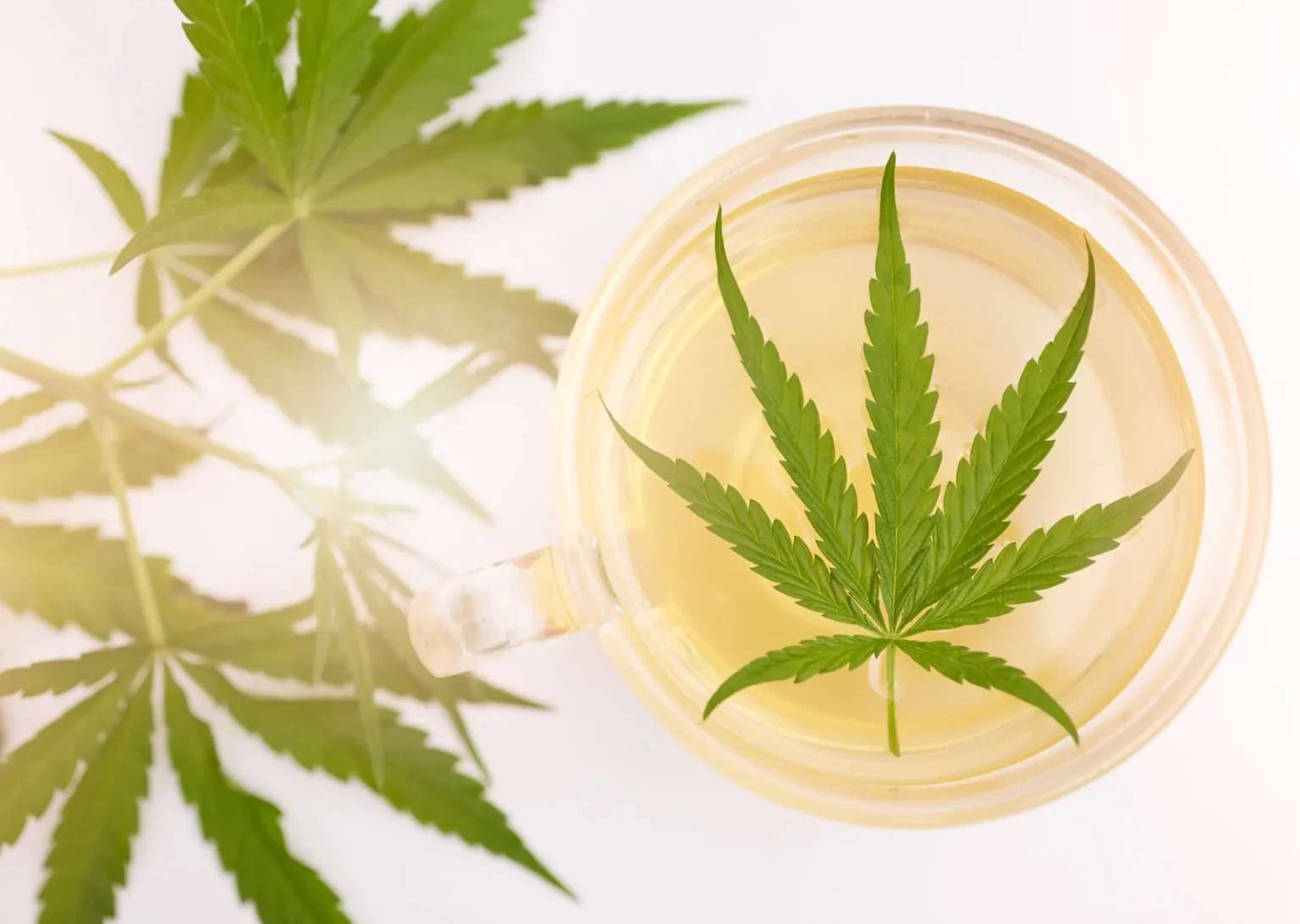
What to consider when choosing full spectrum vs broad spectrum CBD
When choosing between broad vs full spectrum CBD, you should consider several things:
- Your personal goals with your CBD product
- Legal considerations where THC is concerned
- Potential side effects and your tolerance
Personal health goals and preferences
Consider your personal preferences. Have you tried products with THC? How did it make you feel? Are you looking for CBD products to treat a specific condition, and if so, will complementary cannabinoids such as THC increase the efficacy you are trying to achieve? Do you have any hesitations about extra ingredients or purity? If so, check labels before buying.
Legal considerations and regulations
Of course, consider regulations where you are and any other legal issues.
Do you live somewhere THC is legal? If so, does your job, academic situation or legal situation require drug tests that would not allow THC? If any of these apply, you will need to use the broad spectrum and not the full spectrum.
Potential side effects and individual tolerance
With THC, you will slowly build a tolerance, so if you already have a history of THC products, then you probably already have a mild tolerance, so any infused full-spectrum products are unlikely to have significant psychoactive effects.
However, there are other potential side effects to consider with allergies, medications you are using, or medical conditions. This is something best discussed with your doctor before using any broad-spectrum or full-spectrum CBD product.
Summing Up
When comparing broad vs full spectrum CBD, it is best to make informed decisions based on the versatility and potential benefits of either. The key difference between full-spectrum and broad spectrum CBD is in the name: “Full” is the full or whole plant and includes small amounts of THC within legal limits. “Broad” does not. So, if you are considering broad spectrum vs full spectrum CBD, pay attention to any legal restrictions, personal preferences, and potential side effects.
Frequently Asked Questions
Broad-spectrum CBD contains multiple cannabinoids and compounds found in the cannabis plant but typically excludes THC. Full-spectrum CBD, on the other hand, includes all cannabinoids found in the cannabis plant, including THC (though usually in very low concentrations).
The effectiveness of CBD can vary depending on the individual and the condition being treated. Some people find that full-spectrum CBD, with its range of cannabinoids including THC, offers a more potent effect due to the entourage effect. However, others may prefer broad-spectrum CBD for its THC-free formula while still benefiting from other cannabis compounds.
The choice between broad-spectrum and full-spectrum CBD for anxiety depends on personal preference and how one’s body reacts to THC. Full-spectrum CBD might offer enhanced benefits due to the entourage effect, but for those sensitive to THC or who wish to avoid it, broad-spectrum CBD is an excellent alternative.




